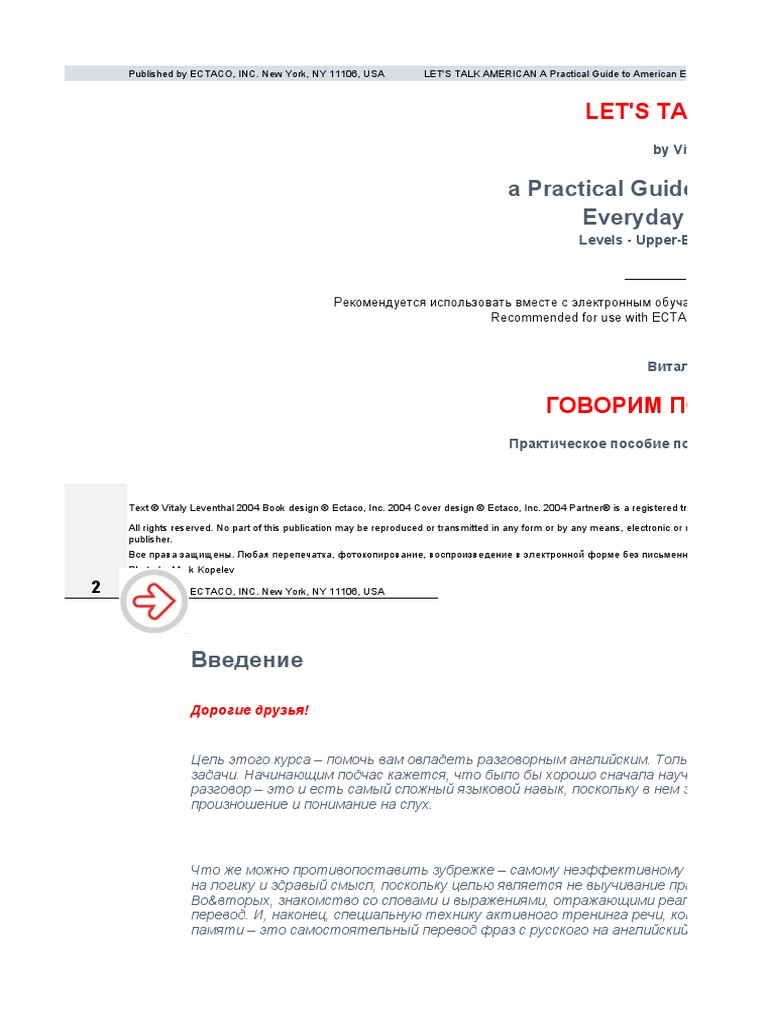In a world rife with divisions, the teachings of the Baha’i Faith provide a compelling framework for engaging in frank conversations about race, particularly in the context of American society. The principles espoused by Baha’u’llah, the founder of the Baha’i Faith, advocate for the oneness of humanity, emphasizing that all people are created equal regardless of race, ethnicity, or nationality. As we embark on a dialogue centered on American racism, one might ponder: how does one reconcile the ideals of unity and equality with the stark realities of racial discord in contemporary America?
The challenge becomes clear: fostering an environment where participants can candidly discuss the pervasive issue of racism while simultaneously embracing the tenets of compassion and understanding intrinsic to the Baha’i teachings. To facilitate such a conversation, we must explore the implications of these teachings, acknowledge the gravitas of discrimination, and cultivate a shared commitment to addressing this urgent social issue.
Firstly, a pivotal tenet of the Baha’i Faith is the recognition of the inherent dignity and worth of every individual. This principle serves as a cornerstone for antiracist discourse. It implores individuals to perceive beyond superficial differences and engage with one another as members of a single human family. In doing so, the Baha’i perspective posits that every conversation about race should commence with acknowledgment of our shared humanity. How can we honor this principle in real terms?
Active listening emerges as a crucial skill. Participants must engage wholeheartedly, allowing marginalized voices to be at the forefront of the conversation. Often, discussions about race can become inundated with defensive posturing, where individuals feel compelled to justify their opinions rather than reflect on the experiences of others. Therefore, cultivating an ethos of openness and receptivity is essential. Can you remember a conversation where your perspective was drastically altered by someone else’s experience? That transformation exemplifies the Baha’i call to empathy.
Furthermore, the Baha’i teachings underscore the importance of collective action in combatting social evils such as racism. Individual change, while significant, is insufficient without a communal effort to dismantle systemic structures of inequality. In American society, this involves recognizing the historical context that has shaped racial dynamics, such as slavery, segregation, and enduring discrimination. By contextualizing the present within a historical framework, participants can better understand the roots of racism and the necessity for reform.
One might ask: does the acknowledgment of historical injustices absolve individuals from personal responsibility? The Baha’i perspective provides a nuanced answer. While history plays a significant role in shaping societal structures, individual actions and choices can either perpetuate or dismantle these issues. This duality poses an important challenge: how do we engage in self-examination while also advocating for broader societal change?
Self-reflection becomes imperative. Adopting a Baha’i approach entails an honest appraisal of one’s biases and privileges. For members of the majority culture, this may involve recognizing the unearned advantages that come with one’s race. It prompts a question: how often do we scrutinize the implicit biases we carry? The journey towards racial justice begins with individuals taking an inventory of their own beliefs and assumptions.
One cannot fully appreciate the Baha’i commitment to racial equality without examining the concept of unity in diversity. This principle asserts that diversity—not only in race but also in culture, perspective, and thought—is a source of strength rather than a point of contention. Embracing this diversity can enliven discussions about racism by introducing multifaceted viewpoints into the conversation. Engaging with diverse groups fosters a richer dialogue and dismantles monolithic narratives that often oversimplify complex issues.
As we delve deeper into the fabric of American racism, it is crucial to consider the role that education plays in perpetuating or mitigating racial disparities. The Baha’i teachings emphasize the power of education as a catalyst for social transformation. This leads us to reflect: how can educational initiatives be designed to effectively address racial inequities? By prioritizing curricula that include the history and contributions of diverse racial and ethnic groups, educational institutions can nurture an understanding of shared heritage.
Moreover, educational frameworks should foster critical thinking and encourage students to grapple with challenging questions. Educators, with the support of communities, can cultivate a dialogue that not only focuses on the implications of racism but also empowers students to devise solutions for a more just society. Will we champion these educational efforts that align with Baha’i principles, thereby instigating a greater awareness of and responsibility for our collective social environment?
Finally, the Baha’i commitment to service propels individuals towards concrete actions that address racism. This service can take various forms—community engagement, promoting equitable policies, or supporting organizations that advocate for racial justice. Thus, one might pose the question: what role will you choose to play in this global movement towards racial equity? It is this sense of agency that embodies the spirit of the Baha’i Faith: a proactive stance in creating the change one wishes to see in the world.
In conclusion, as we engage in these frank conversations about American racism, the Baha’i teachings provide a robust foundation. They challenge us to confront our biases, recognize the dignity in every person, and engage in collective action towards a future devoid of racial discrimination. By embodying these principles, we not only honor the teachings of Baha’u’llah but also contribute to the unfolding narrative of humanity’s journey towards unity and justice. Are we ready to join hands in this critical dialogue? The choice is ours to make.
